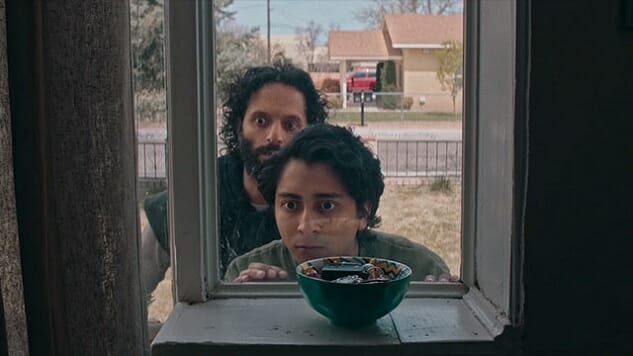Films by Women: Four Movies to Watch in November

The “52FilmsByWomen” hashtag isn’t a new invention, but in the last few years, and especially 2017, it’s gained increasingly urgent relevance. Created and disseminated by Women in Film, a nonprofit outlet established to “achieve parity and transform culture,” the tag translates into a simple pledge: Watch one movie directed by a woman each week for an entire year. To help those interested in fulfilling this pledge, Paste is highlighting some of November’s best new movies in theaters, as well as on home video, directed by women.
-

-

-

-

-

-

-

-

-

-

-

-

-

-

-

-

-

-

-

-

-

-

-

-

-

-

-

-

-

-

-

-

-

-

-

-

-

-

-

-

 Liz and the Blue Bird
Liz and the Blue Bird The Long Dumb Road
The Long Dumb Road Pioneers: First Women Filmmakers
Pioneers: First Women Filmmakers Skate Kitchen
Skate Kitchen






































